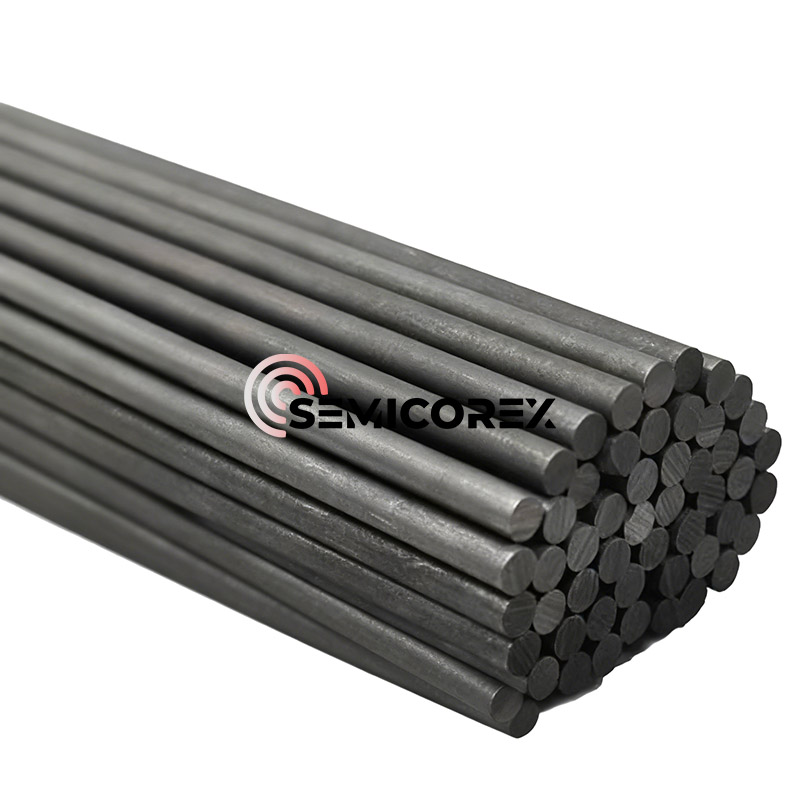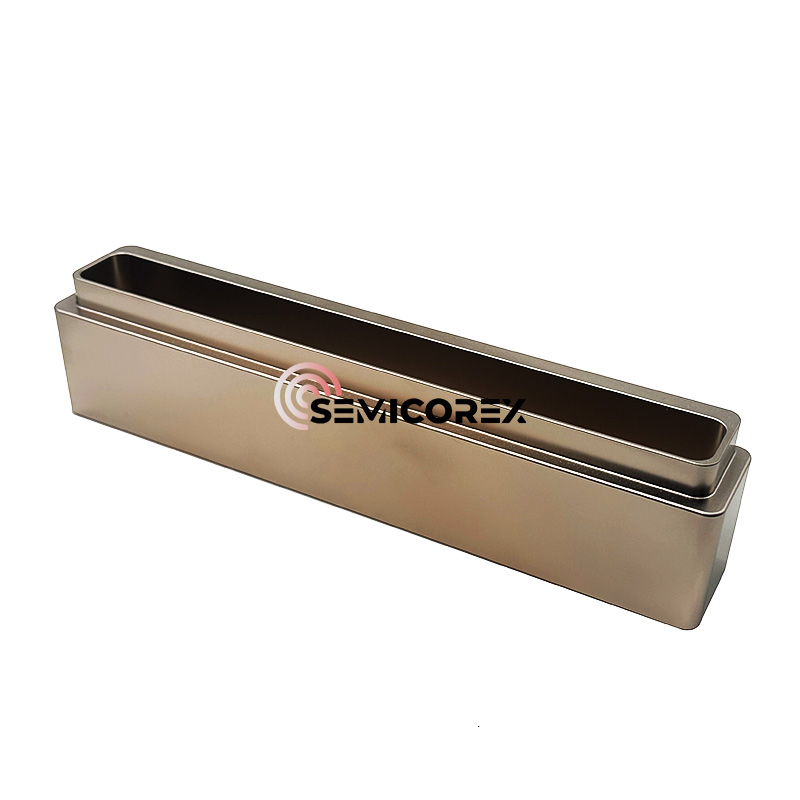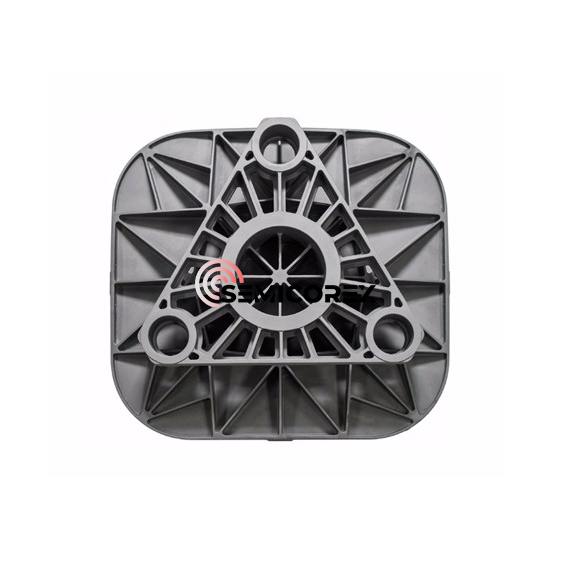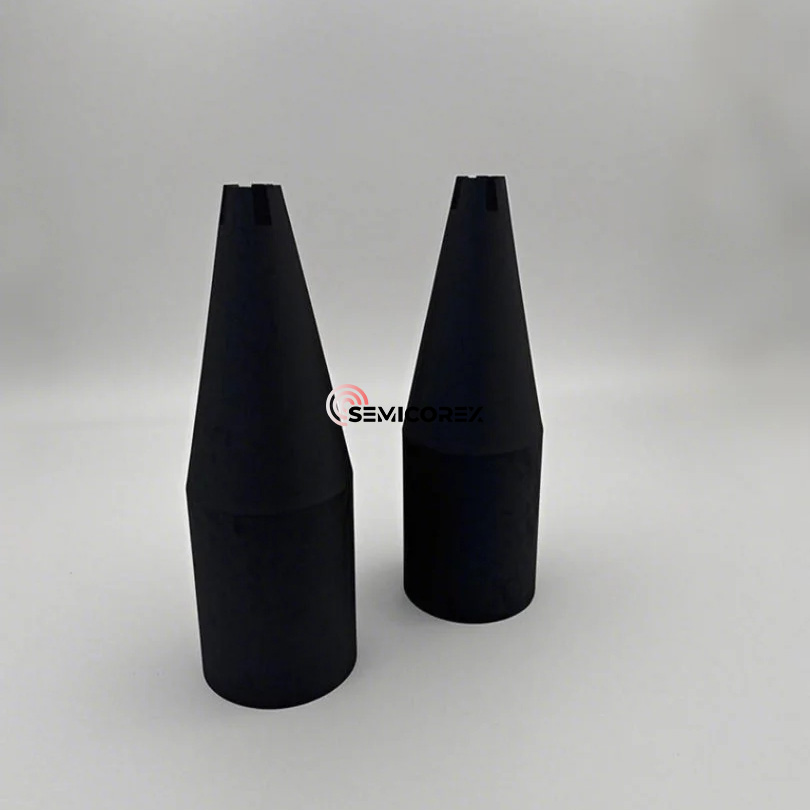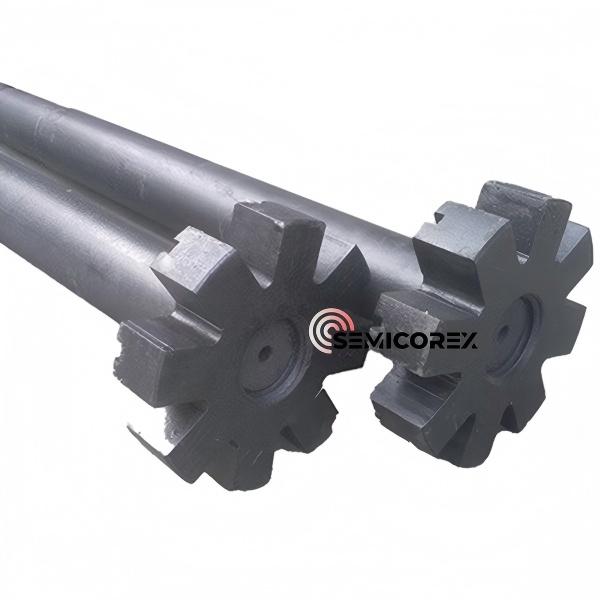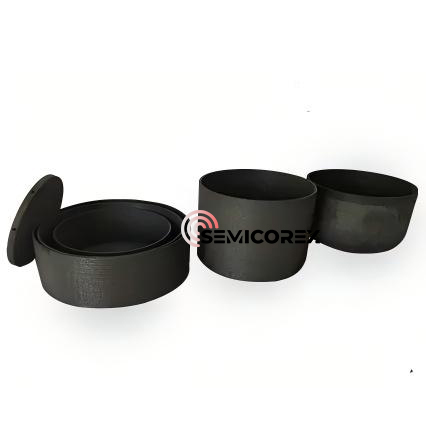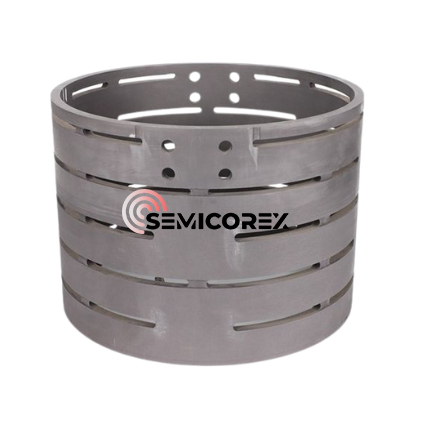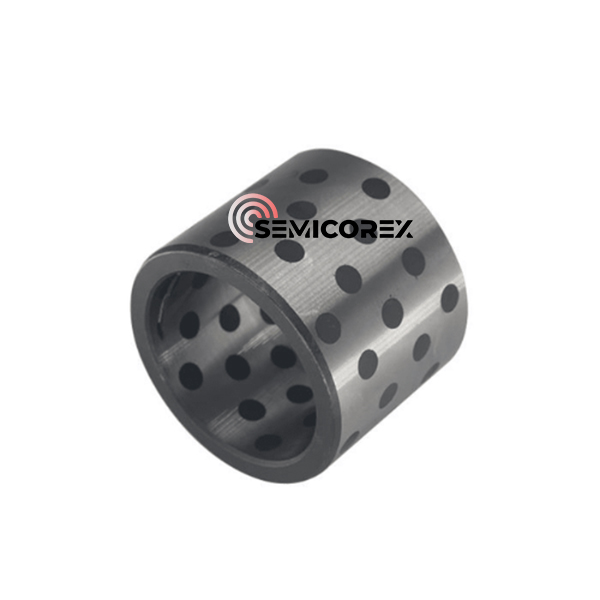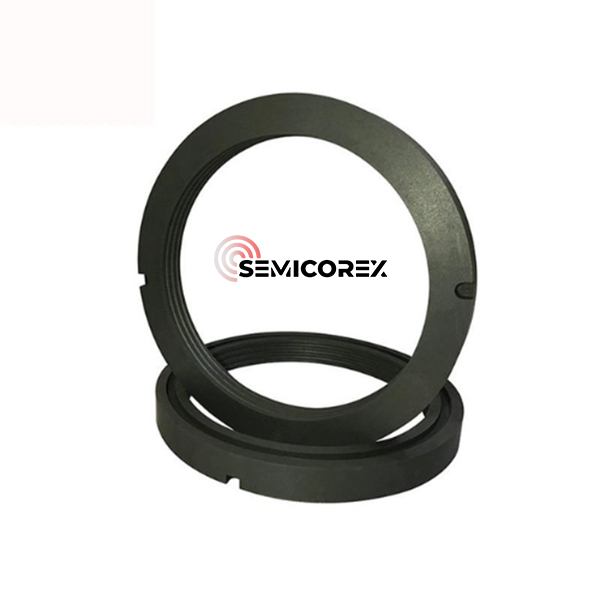
- English
- Español
- Português
- русский
- Français
- 日本語
- Deutsch
- tiếng Việt
- Italiano
- Nederlands
- ภาษาไทย
- Polski
- 한국어
- Svenska
- magyar
- Malay
- বাংলা ভাষার
- Dansk
- Suomi
- हिन्दी
- Pilipino
- Türkçe
- Gaeilge
- العربية
- Indonesia
- Norsk
- تمل
- český
- ελληνικά
- український
- Javanese
- فارسی
- தமிழ்
- తెలుగు
- नेपाली
- Burmese
- български
- ລາວ
- Latine
- Қазақша
- Euskal
- Azərbaycan
- Slovenský jazyk
- Македонски
- Lietuvos
- Eesti Keel
- Română
- Slovenski
- मराठी
- Srpski језик
Trung Quốc Graphite đẳng hướng Nhà sản xuất, Nhà cung cấp, Nhà máy
- View as
Chuck than chì
Chuck than chì Semicorex là một thành phần quan trọng trong sản xuất polysilicon, được sử dụng rộng rãi trong ngành công nghiệp năng lượng mặt trời. Khi nhu cầu về các tấm silicon có độ tinh khiết cao tăng lên, nhu cầu về các công cụ xử lý hiệu suất cao như Chucks Graphite đã trở nên cần thiết. Được sản xuất từ than chì đặc biệt tinh khiết cao, Chuck Graphite của chúng tôi được thiết kế để chịu được nhiệt độ khắc nghiệt, tiếp xúc với hóa chất và ứng suất cơ học trong khi duy trì sự ổn định kích thước.*
Đọc thêmGửi yêu cầuRôto và trục than chì
Cụm trục và rotor than chì Semicorex là những bộ phận quan trọng được sử dụng chủ yếu để khử khí trong quá trình nấu chảy nhôm và hợp kim nhôm.
Đọc thêmGửi yêu cầuTấm chắn nhiệt than chì
Để đảm bảo hiệu quả xử lý trong môi trường khắc nghiệt, Tấm chắn nhiệt Semicorex Graphite được chế tạo bằng vật liệu than chì cao cấp và công nghệ sản xuất tiên tiến.
Đọc thêmGửi yêu cầuYếu tố công nghiệp sưởi ấm than chì
Bộ phận công nghiệp làm nóng than chì Semicorex là một trong những bộ phận quan trọng nhất của lò thiêu kết chân không nhiệt độ cao. Nó cần thiết cho nhiều quá trình nhiệt khác nhau do chất lượng vật liệu phức tạp của chúng.
Đọc thêmGửi yêu cầuỐng lót than chì
Ống lót Semicorex Graphite, với các đặc tính vật liệu độc đáo và khả năng thích ứng, đóng một vai trò quan trọng trong việc nâng cao hiệu suất và tuổi thọ của hệ thống cơ khí, nhấn mạnh tầm quan trọng của nó trong các quy trình sản xuất và kỹ thuật hiện đại.
Đọc thêmGửi yêu cầuVòng than chì
Khả năng chịu đựng các điều kiện khắc nghiệt và dễ lắp đặt của Semicorex Graphite Ring khiến chúng trở thành thành phần không thể thiếu trong các ngành công nghiệp như thủy lực, khí nén và bộ trao đổi nhiệt.
Đọc thêmGửi yêu cầu
